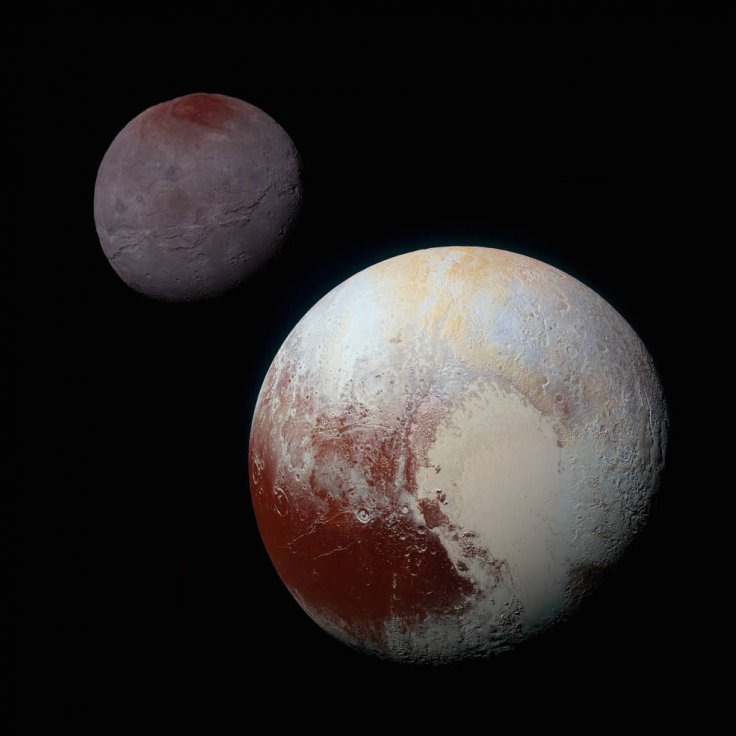
A new study conducted by researchers at the University of Central Florida in Orlando has revealed that the reasons which made Pluto lost its planetary status are not valid. It was in 2006 that the planetary status of Pluto initially faced a threat when a team of scientists at the International Astronomical Union (IAU)established the definition of a planet. These experts argued that a planet should be the largest gravitational force in its orbit.
However, in the case of Pluto, things are different, as it is largely influenced by the gravity of its neighbouring planet Neptune. It should be also noted that Pluto shares its orbit with frozen gases and various other objects in the Kuiper belt.
The new study, led by UCF planetary scientist Philip Metzger, argues that these standards put forward by researchers in 2006 were not supported in any of the research literature. During the study, Philip Metzger and his team analyzed review literature from the past 200 years and found that there was only a single literature written in 1802 which talks about the 'clearing orbit' requirement to attain the planetary status. Moreover, this literature from 1802 is also based on a disproven reasoning.
"The IAU definition would say that the fundamental object of planetary science, the planet, is supposed to be a defined on the basis of a concept that nobody uses in their research. And it would leave out the second-most complex, an interesting planet in our solar system. We now have a list of well over 100 recent examples of planetary scientists using the word planet in a way that violates the IAU definition, but they are doing it because it's functionally useful," said Metzger, Daily Mail reports.
Metzger also added that the definition of a planet based on 'clearing orbit' requirement is very sloppy. As per Metzger, there will be no planets in the solar system if they should satisfy the clearing orbit requirement.
"It's a sloppy definition. They didn't say what they meant by clearing their orbit. If you take that literally, then there are no planets because no planet clears its orbit," added Metzger.
Metzger also recommended that a planet should be classified after determining whether it is large enough that its gravity allows it to remain spherical in shape. The researcher suggested that Pluto is more dynamic and alive than Mars and made it clear that the only planet which has a more complex geology than Pluto is the earth.
In last December, a team of researchers at the NASA had suggested that there could be a liquid water ocean below the icy surface of Pluto. Soon after this revelation, many alien enthusiasts started arguing that extraterrestrial life may be harbouring in the oceans on the earth's farthest neighbour.









